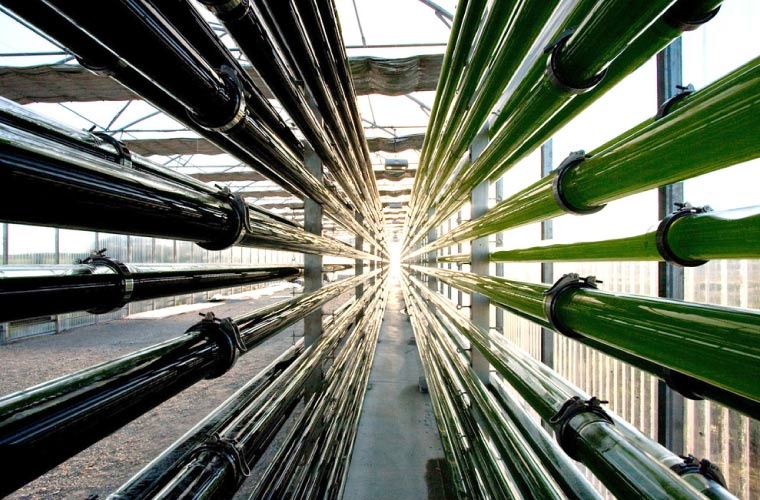
Artificial Intelligence (AI) could reduce the operational costs of microalgae cultivation by between 12% and 40%, making a potential turning point for the commercial viability of microalgal biomass, biofuels and other high-value compounds.
The integration of AI and Internet of Things (IoT) technologies is transforming the economics of microalgae production. By automating the regulation of light, temperature, pH, dissolved oxygen and nutrient delivery, smart systems can maintain optimal culture conditions around the clock, minimizing waste and preventing costly crop failures.
Traditional microalgae farms depend on periodic manual measurements, labour-intensive monitoring and reactive adjustments. In contrast, AI-assisted systems continuously analyse sensor data, predict changes in growth dynamics and make proactive corrections. This not only improves productivity but also significantly reduces resource consumption.
Energy use, for example, can be lowered by automatically adjusting artificial lighting and aeration based on real-time growth needs. Water and nutrient inputs can be fine-turned to avoid overuse, while early detection of contamination prevents the loss of entire batches. In large-scale operations, these efficiencies translate into substantial economic savings.
Studies also note that 82% of hardware failures in industrial systems occur randomly rather than through predictable ageing. Here, AI-driven predictive maintenance can further reduce downtime and repair costs by detecting anomalies before they lead equipment breakdowns.
For microalgae sector – long challenged by narrow profit margins, high energy bills and complex cultivation requirements – this shift towards intelligent automation could be decisive. The authors argue that AI-enabled optimization may finally allow microalgal biofuels and bioproducts to compete with conventional alternative on price.
Beyond cost saving, the studies suggest that smart cultivation systems also enhance environmental sustainability by reducing chemical use and limiting waste streams. As governments and industries seek cleaner production methods and more efficient carbon-capture solutions, the economic and environmental advantages of AI-supported algae farming are likely to become increasingly appealing.
With the global market for algae-based products projected to continue growing, the ability to cut costs without sacrificing productivity may be the breakthrough the industry has been waiting for.


